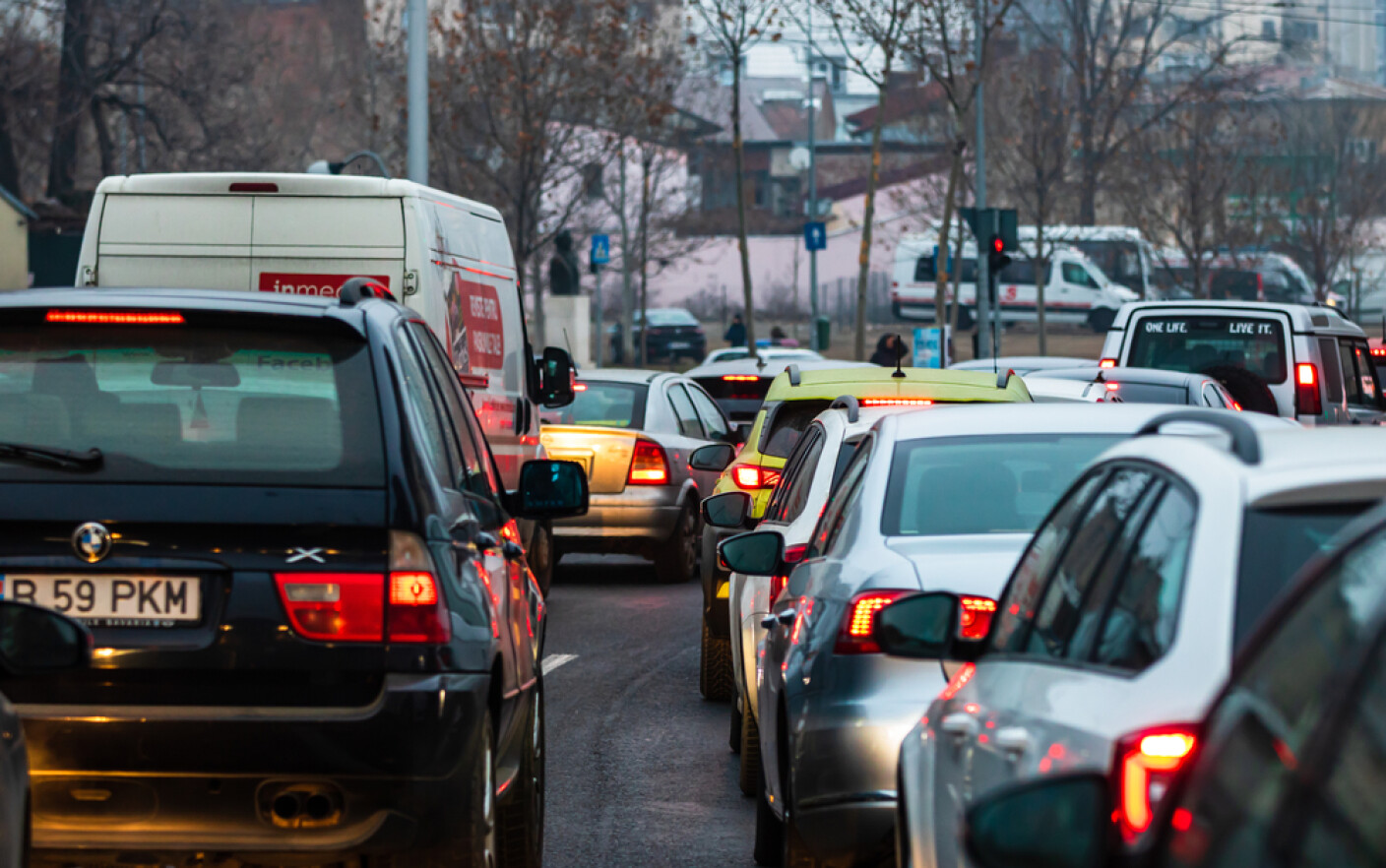
[ad_1]
The European Union executive will present an ambitious plan to cut emissions this week, which will affect all spheres of the economy, bring lifestyle changes and stricter standards for industries, writes Bloomberg.
The new 2030 climate target will force European carmakers to adopt stricter pollution standards, with new rules that could send combustion engines to science museums. Energy will become increasingly cleaner, following an additional investment of € 350 billion a year in production and infrastructure. And to help reduce greenhouse gases in agriculture, Europeans will be encouraged to eat less meat.
If passed, the new target to cut emissions in the EU bloc by 55% compared to 1990 levels will require buildings to be more energy efficient, according to a European Commission project consulted by Bloomberg News. The cost of pollution to businesses, already approaching record levels, will rise as the EU carbon market strengthens.
The cost of pollution to businesses, already approaching a record high, will rise as the EU carbon market strengthens.
The existing target for 2030, adopted just six years ago, foresees a 40% reduction in emissions.
“Reaching an emission reduction target of 55% will be a major challenge for investment in the EU industry, services, transport and energy sectors,” the European Commission document reads. “However, the return on investment in facing this challenge is no less than the ability of EU companies to be competitive and for our citizens to prosper,” the EC said.
The pandemic has exposed the EU’s vulnerability to global import and supply chains, giving further impetus to efforts to make Europe more resilient and less dependent on exports. By stimulating renewable energy, the new climate target would reduce the European Union’s fuel import bill by € 100 billion in 2021-2030 and € 3 trillion by 2050, according to the Commission.
The economic crisis has worsened the conditions for investment in technology and infrastructure necessary to meet the EU’s ambitious climate targets. A € 1.8 trillion package of public funds agreed by EU leaders in July to help Europe recover from the coronavirus crisis can only be used for projects that do not undermine climate targets. One third of this amount will go specifically to environmentally friendly initiatives.
The main changes in the new target to reduce emissions by 55%:
Low emission transport:
– Combustion engines should be gradually replaced by zero emission vehicles; By June 2021, the EU will propose stricter standards for carbon dioxide emissions for cars and vans, to be met by 2030;
– The Commission’s analysis for 2030 estimates a “50% reduction in CO2 emissions per kilometer for cars compared to the 2021 targets”;
– The share of renewable energy in transport should increase to around 24% by 2030, compared to 7% in 2015;
– Pure hydrogen will be crucial in heavy transport
Airlines and ships will need to use more low-carbon fuels.
Green agriculture:
– The EU will encourage changes in consumer choices. A sharp reduction in the consumption of animal products could reduce emissions by more than 30 million tons by 2030;
-To boost emissions, the EU could launch a carbon-based agriculture initiative.
Clean energy:
– The share of renewable energy production should at least double by 2030, to about 65%;
– Greater prominence of renewable hydrogen in some industrial processes;
– The sustainability criteria for biomass will be reinforced. The use of whole trees and food crops for energy, produced in the EU or imported, should be reduced;
– The energy mix will be greener: coal consumption will decrease by more than 70% from 2015, oil by 30% and gas by 25%;
– The share of renewable energy could amount to 38.5% of consumption;
– Tax exemptions for fossil fuels could disappear.
Energy efficient buildings:
– The energy economy of the EU must grow to almost 36% of final energy consumption. Most will have to come from buildings;
– The EU plans to increase the renovation of buildings, encourage the transition to renewable heating solutions and promote smart homes.